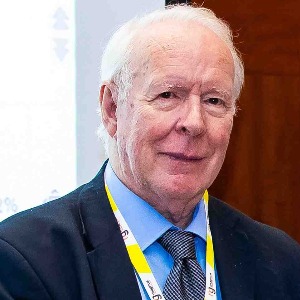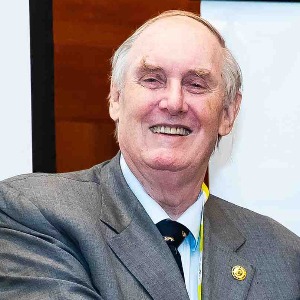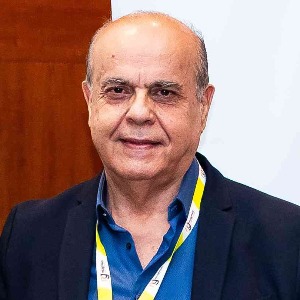Treatment Of TMJ
Treatment of TMJ disorder in dental science also typically focuses on correcting malocclusion, or an incorrect bite. In some cases, this may involve the use of orthodontic appliances to correct abnormal tooth alignment. Medications, such as nonsteroidal anti-inflammatory drugs (NSAIDs), are often prescribed to reduce inflammation and pain in the temporomandibular joint as well as other affected areas. Oral splints, which are designed to reduce tension in the joint, are often recommended in order to help relieve pain. In some cases, surgery may be required to treat persistent problems in the joint. Physical therapy, exercise, and educational instruction about minimizing dental trauma and avoiding certain activities that may precipitate a flare-up are often included in the treatment of TMJ disorder. There is evidence that cognitive-behavioral therapy (CBT), which involves the patient learning coping strategies, may be beneficial in treating this disorder. In many cases, an interdisciplinary approach to TMJ treatment is most effective. For instance, dentists may work in collaboration with physical therapists, occupational therapists, and speech-language pathologists to improve symptoms such as jaw pain and stiffness, tinnitus, and difficulty speaking or opening the jaw. Treatment of TMJ disorder in dental science is highly individualized, as the exact cause of the condition may vary from one person to another.

David Geoffrey Gillam
Queen Mary University of London, United Kingdom
Christopher Turner
Spacemark Dental, United Kingdom




Title : Evaluating hygienist follow up for head and neck oncology patients in secondary care: Results from a two cycle audit
Peter Basta, Newcastle Dental Hospital, United Kingdom
Title : Atypical facial pain unravelled
Christopher Turner, Spacemark Dental, United Kingdom
Title : New treatment of temporomandibular disorder through muscle balance and muscle regeneration by activation of quiescent muscle stem cells( satellite cells) with mitochondrial dynamics
Ki Ji Lee, National Reserach Foundation & Busan Medical University, Korea, Republic of
Title : MRONJ and ORN: Referral or management in primary care? Navigating guidelines in the context of long waiting lists
Alisha Sagar, NHS England, United Kingdom
Title : Managing the unexpected: An Insight into supernumerary teeth
Bahar Gharooni Dowrani, Guy's and St Thomas' NHS Foundation Trust, United Kingdom
Title : Laxative prescribing for post operative head and neck cancer patients at Derriford Hospital
Pui Sze Kylie Li, Cardiff and Vale University Health Board, United Kingdom